Laser metal fusion (LMF) 3D printing Apricon Oy
Laser metal fusion (LMF) is an additive manufacturing method where a workpiece is built up gradually in a powder bed. To do so, a laser melts down the metal powder in material layers precisely at the points specified by the component's CAD construction data. The process is therefore often known as metal 3D printing/3D metal printing; the terms.
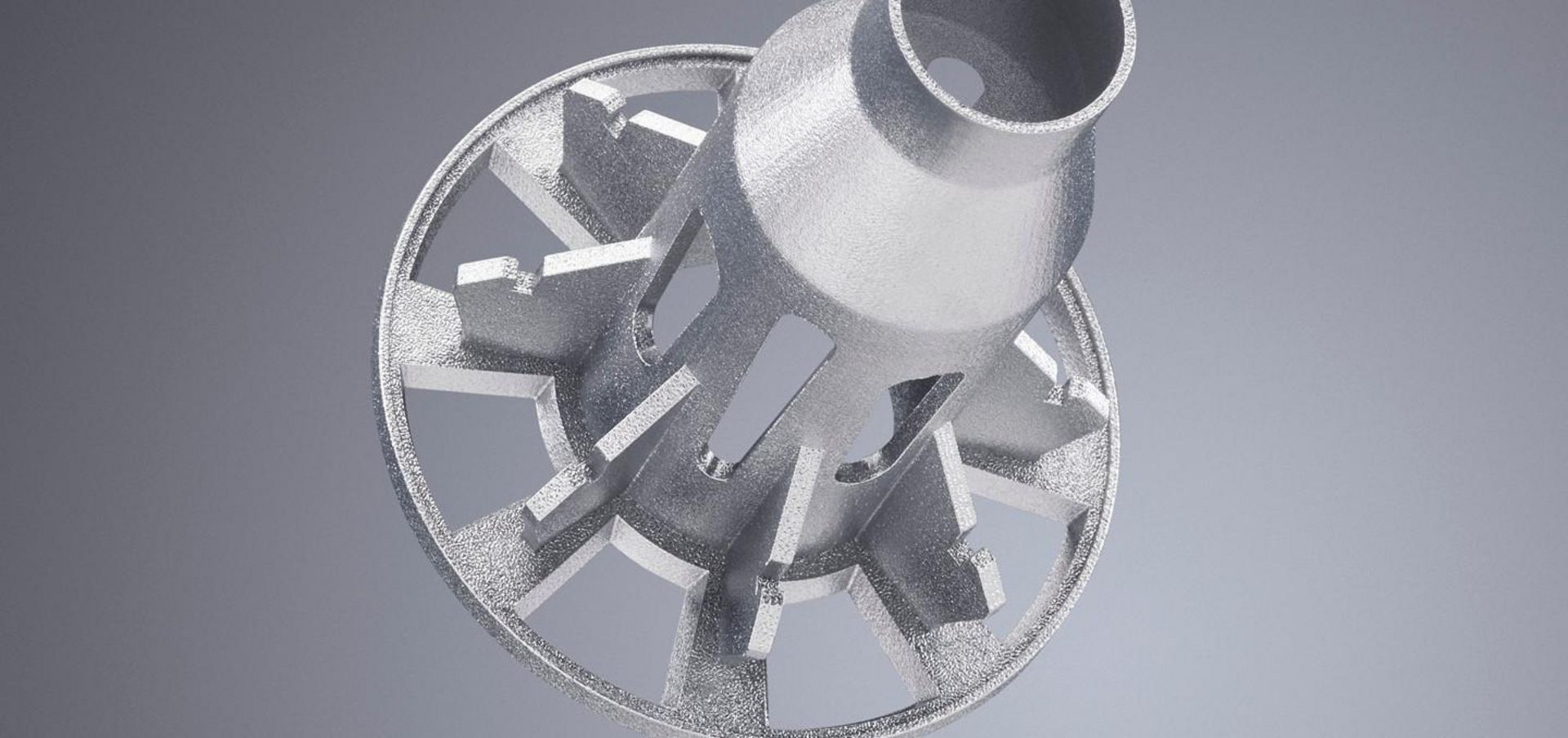
“Laser Metal Fusion performs at an industrial level” TRUMPF
(1) We have considered laser metal fusion, laser metal deposition, and laser hardening. (2) We have reviewed the literature on additive laser technologies. A hybrid approach, in which additive laser technologies are combined with traditional cutting within a single system, offers the prospect of boosting the efficiency and quality of laser surfacing and laser fusion of complex parts.
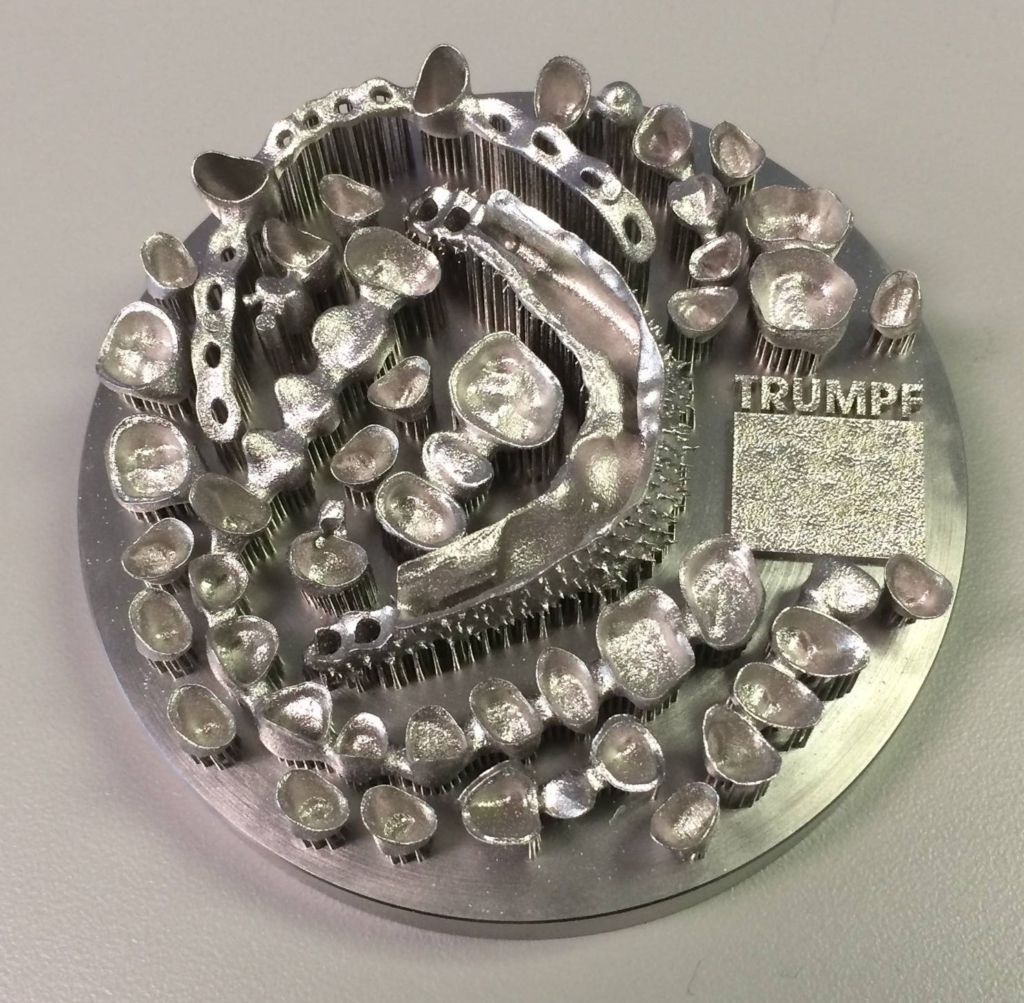
Laser Metal Deposition & Laser Metal Fusion Comparison of Processes & Their Uses Laser Chirp
The Laser beam powder bed fusion (PBF-LB) Additive Manufacturing machine has twelve 1 kW lasers and a 600 × 600 × 600 mm square build environment. The NXG XII 600, according to the makers, is the fastest AM machine on the market, with build speeds twenty times quicker than a single-laser machine and technical features including a zoom capability to ensure maximum productivity and dependability.
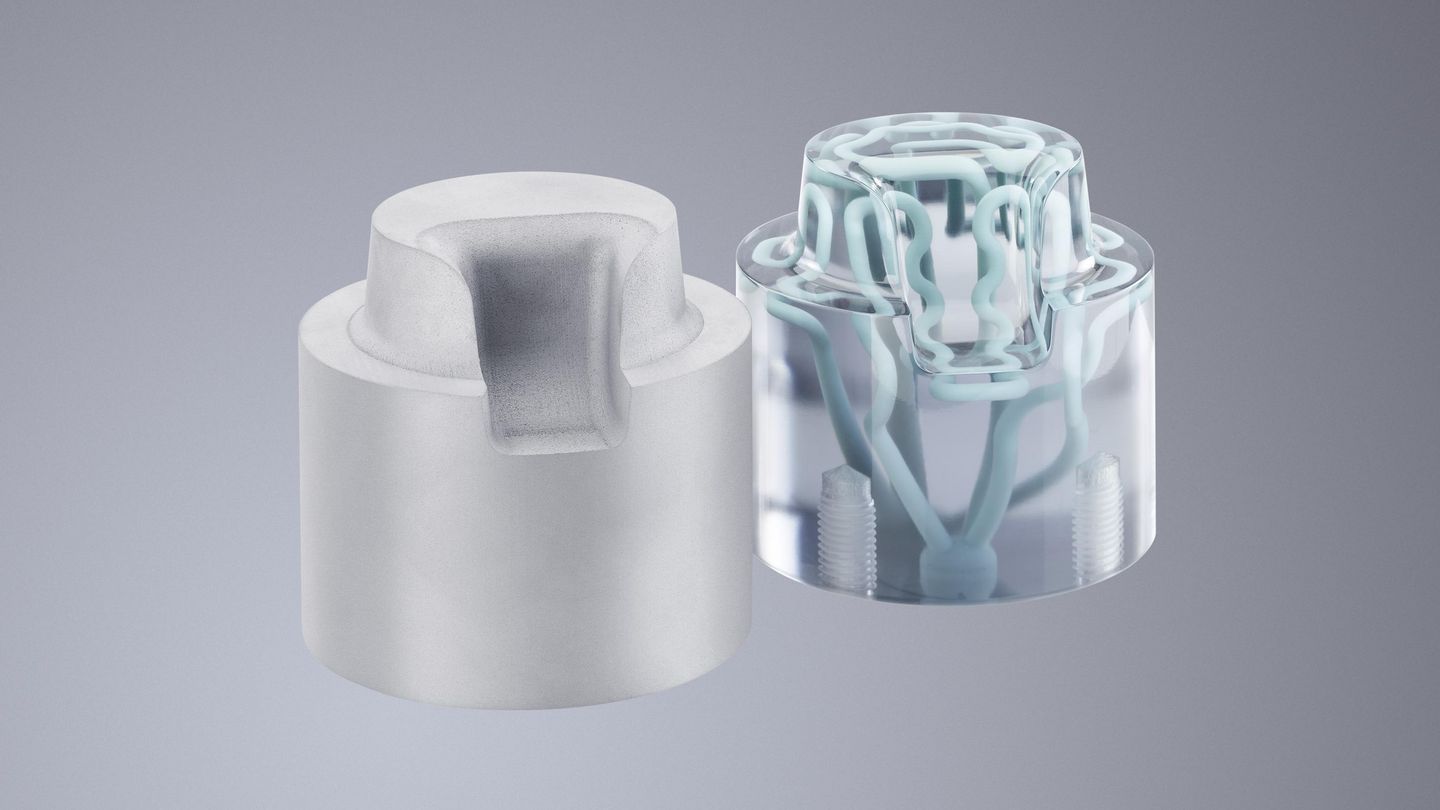
Laser metal fusion TRUMPF
Laser powder bed fusion (LPBF) additive manufacturing of metals stands to greatly benefit from such enhancements due to the existence of seemingly stochastic events that lead to defects, which.

Fertigung mit TRUMPF Laser Metal Fusion (LMF) Additively
Laser powder-bed fusion, also called laser metal fusion (LMF), and laser direct-energy deposition (DED), also called laser metal deposition (LMD), are tools to help us achieve these lofty goals. TRUMPF's laser application lab in Plymouth Township, MI, used an interesting method combining both LMF and LMD to create an additively manufactured rocket engine injector and nozzle.
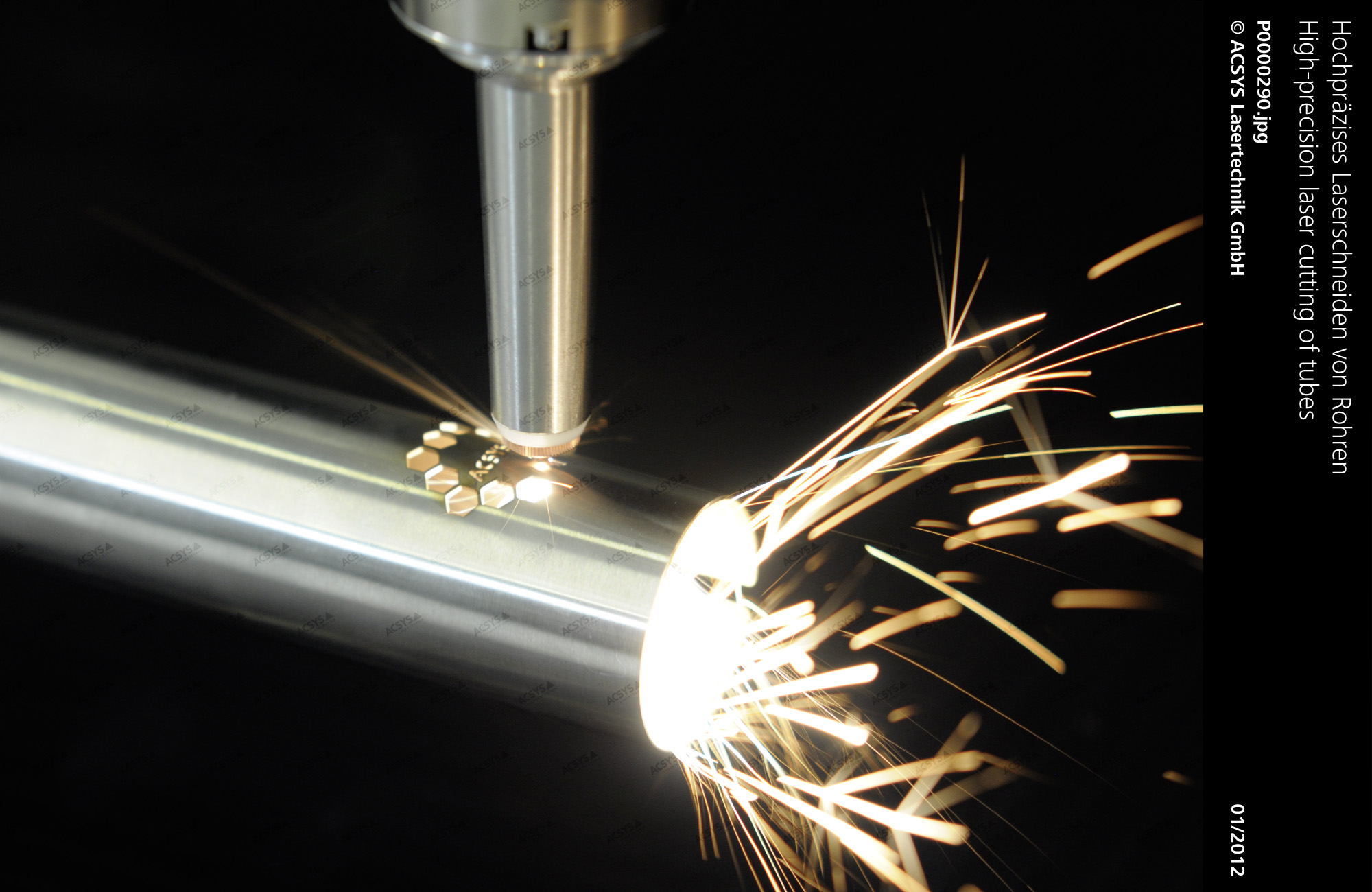
Laser fusion cutting ACSYS Lasermaschinen
Pure copper components printed at TRUMPF by laser metal fusion using green laser technology. One particular innovation in laser AM—and probably the best kept secret in additive manufacturing—is the deployment of green lasers. Using a wavelength in the visible spectrum of 515 nm (as opposed to near-infrared or NIR at 1063 nm), enables laser.
Laser Metal Fusion (LMF) process Apricon Oy
Shortly after 1 a.m. on the morning of Dec. 5, 2022, Dave Schlossberg, an experimental physicist at National Ignition Facility (NIF), was woken by a phone call. A fusion experiment using NIF's.

Giant Laser Complex Makes Fusion Advance, Finally The New York Times
Laser Metal Fusion [41-44] Selective Laser Melting [45-49] Materials 2023, 16, 2030 3 of 23 Figure 2. Metal additive manufacturing technologies. In MAM, the DED has high energy efficiency flexibility and time-saving, and does not need a special tool to create the metal product, compared to PBF [22]. DED technology
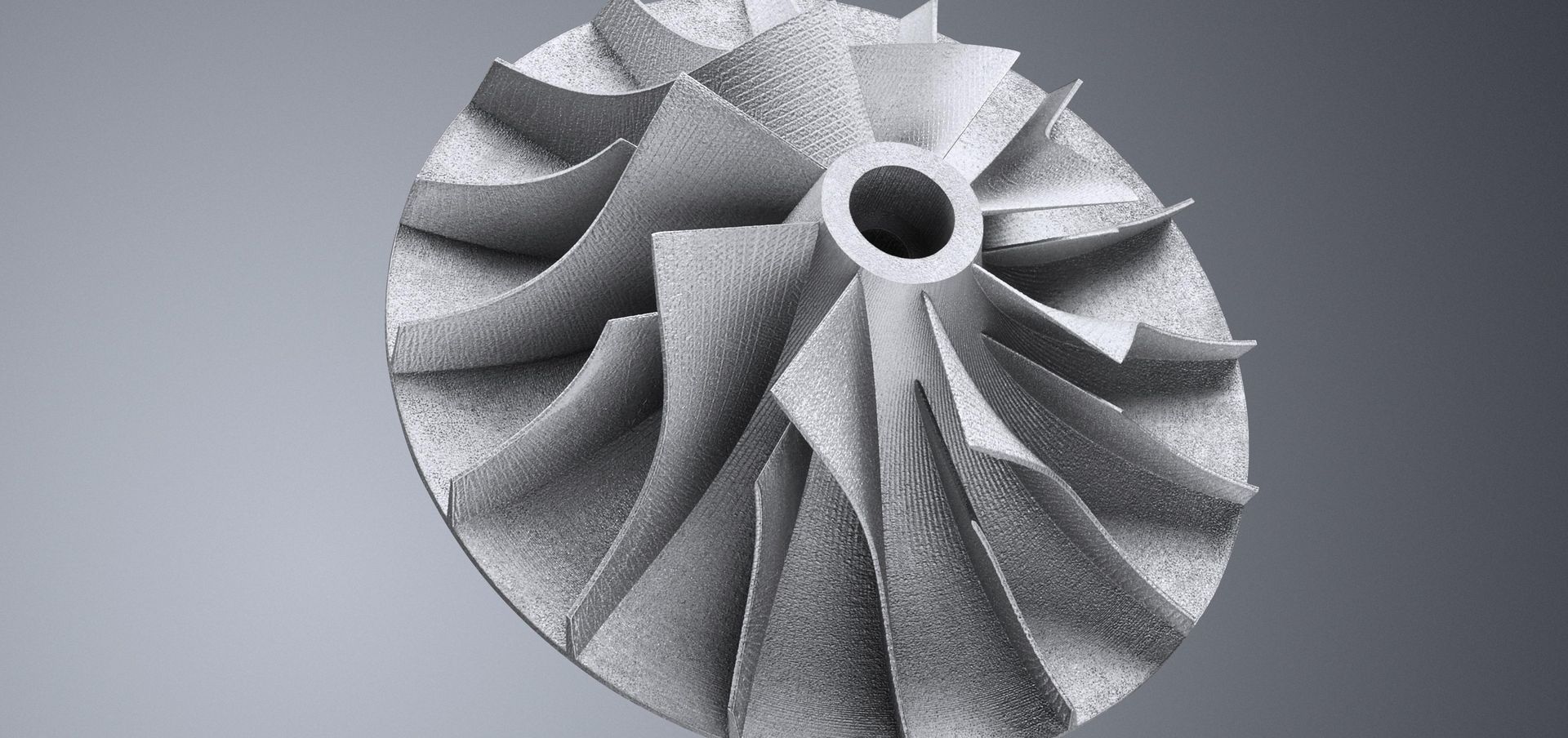
“Laser Metal Fusion performs at an industrial level” TRUMPF
Of all the competing metal AM technologies, laser powder bed fusion (LPBF), also known as selective laser melting, is currently the most commonly used (Thijs et al., 2010; Frazier, 2014; Khairallah et al., 2016; Zhao et al., 2020). In a LPBF process, a laser beam of high power density is scanned across
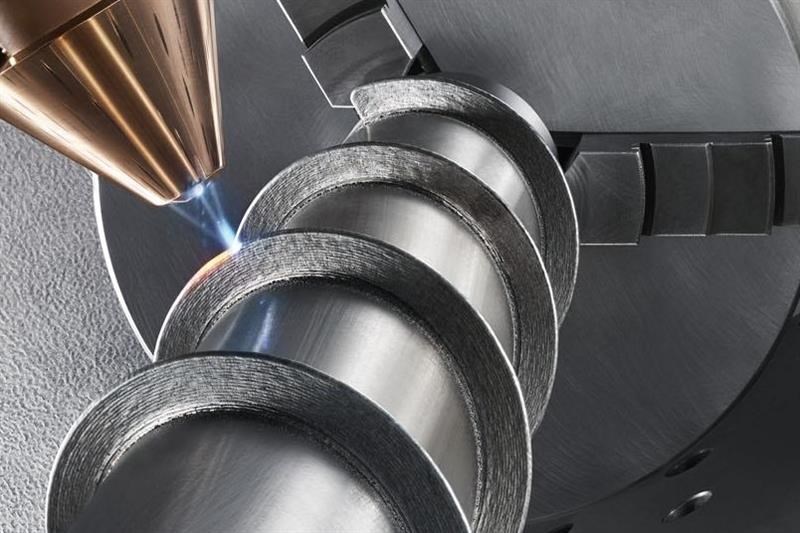
Machinery Trumpf additive manufacturing Formnext laser metal deposition laser metal fusion
Start-Ups With Laser Beams: The Companies Trying to Ignite Fusion Energy. Companies are looking to commercialize advances made by federally supported research labs in the quest for boundless.
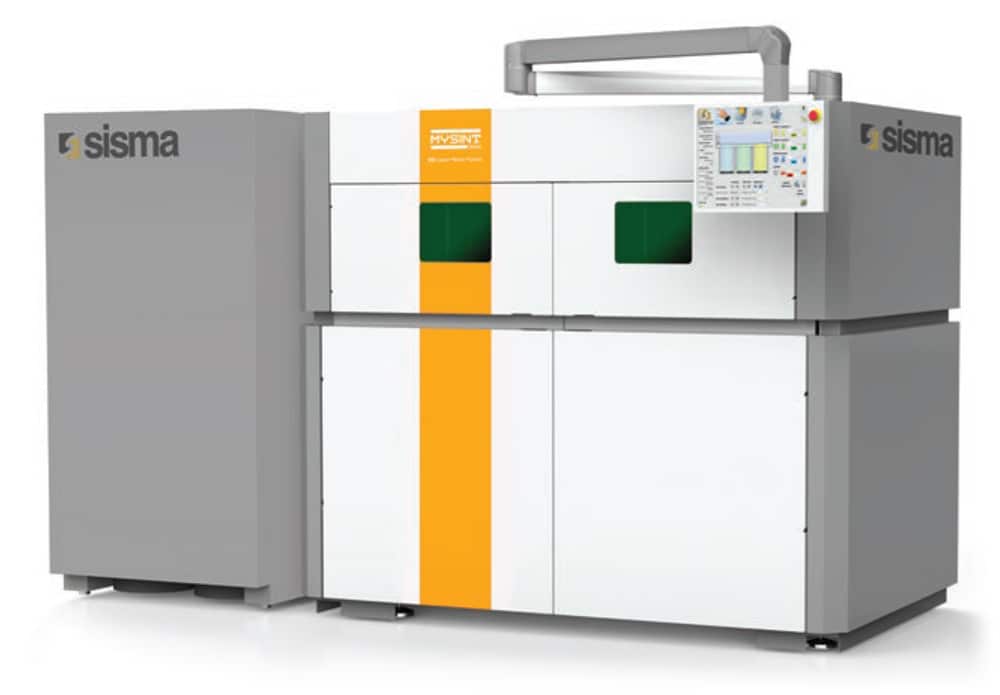
SISMA Additive Manufacturing Laser Metal Fusion Technology MYSINT300, MYSINT100 Series
Electron beam powder bed fusion SLM Selective laser melting SLS Selective laser sintering ASTM American society for testing and materials CAD Computer aided design

Laser Metal Deposition & Laser Metal Fusion Comparison of Processes & Their Uses Laser Chirp
The energy of the facility's lasers is being upgraded to 2.2 megajoules from 2.05. The latest advances occurred after the last upgrade from 1.9 megajoules. Additional energy is expected to lead.
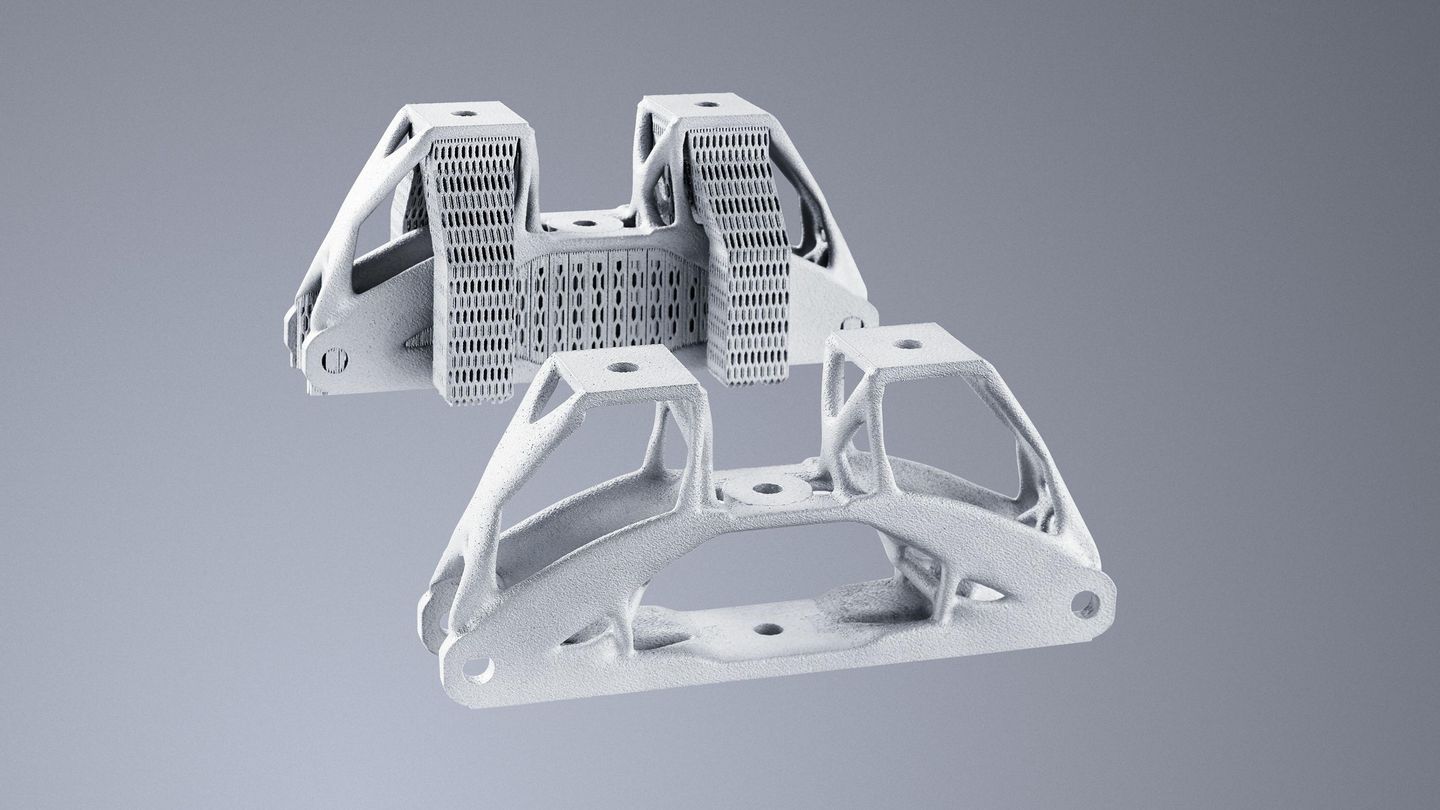
Laser Metal Fusion (LMF) TRUMPF
Additive manufacturing, called 3D printing, has become ubiquitous in classrooms, laboratories, and research centers. While printing with plastics has revolutionized prototyping and modeling, it is now possible to fabricate metal parts and devices directly from computer models by fusing metal particles together with high-intensity lasers. This review focusses on the flow of heat and material in.
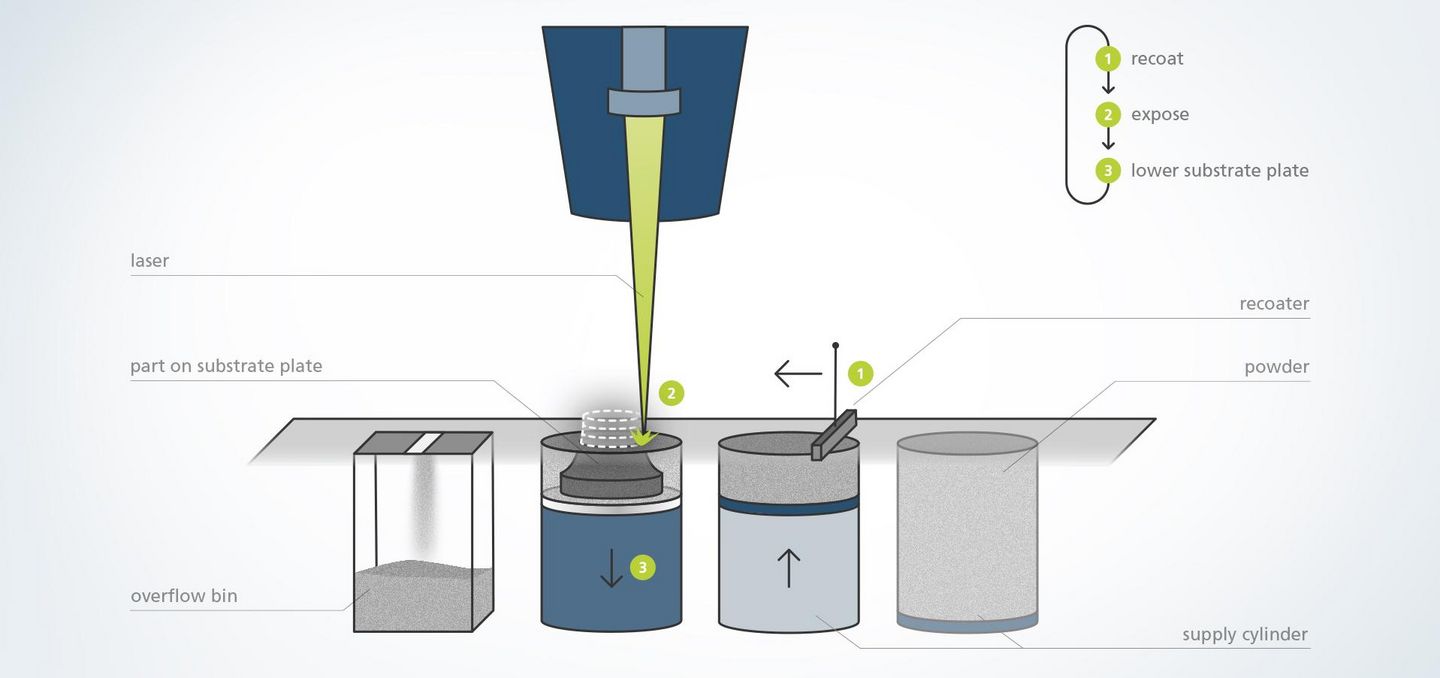
Laser Metal Fusion (LMF) TRUMPF
The laser powder bed fusion (LPBF) technique is used to manufacture complex and customised components by exploiting the unique advantages of two types of metal materials to meet specific performance requirements. A comprehensive overview of LPBF-processed dissimilar metal materials, a combination of different single metals or alloys, is developed.

A typical laser powder bed fusion for layers built on the XY surface... Download Scientific
The classic rocket engine lends itself well to 3D printing, and laser metal fusion is appropriate to produce turbo machinery, injectors, combustion chambers, and nozzles. On the other end of the space spectrum, the very payloads that are being delivered to space can also be produced via AM.

Info Laser Metal Fusion und Laser Metal Deposition 3D make
An increasing number of variants, increasingly small lot sizes - the trend in many manufacturing industries is clear. Laser metal fusion (LMF) and laser metal deposition (LMD) are the two laser-based processes that take on these challenges and make additive manufacturing more and more attractive for industrial use.